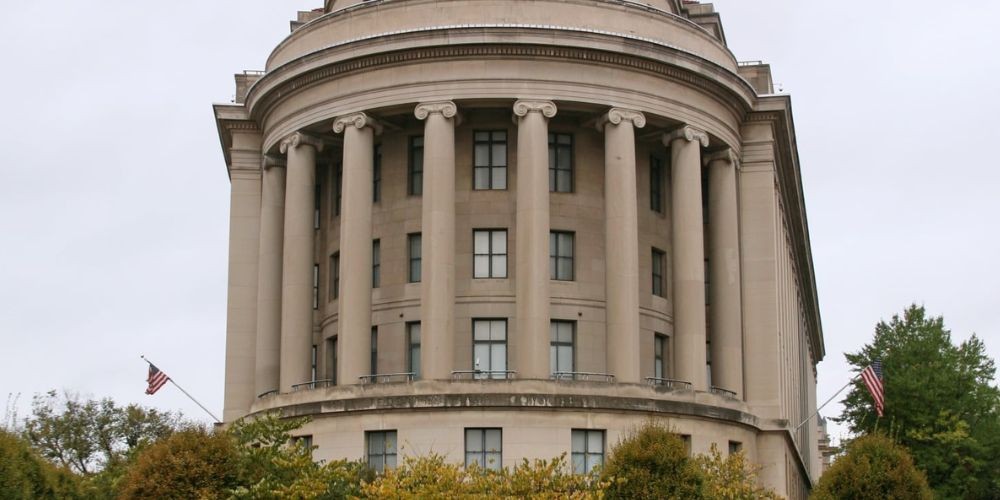
The realm of social media advertising is encountering a significant upheaval. The vigilance of ad watchdog Check My Ads culminated in a formal complaint to the Federal Trade Commission, inciting scrutiny over the clandestine advertising practices of X, known to many as Twitter. The crux of the dispute lies in undisclosed promotions interspersed in users' feeds, a practice that deceptively blurs the line between paid advertisements and organic content. This raises profound concerns about consumer deception and the integrity of the platform's content, given that users are potentially unable to discern commercial interests in what they presume is unfeigned social discourse.
The repercussions of such practices extend beyond ethical considerations, potentially infringing upon the FTC Act's Section 5, which outlaws deceptive business tactics. As claims surface of unlabeled ads invading even the 'Following' timeline — a place exclusively for chosen content — the platform's credibility is at stake. More than just a breach of trust, these actions compromise user experience and could expose users to unverified, potentially harmful content masquerading as genuine recommendations. The organization's complaint underscores the severity of these allegations and calls for swift regulatory action.
The quandary deepens when considering X's prior entanglements with the FTC. A hefty fine of $150 million for misusing personal data for ad targeting in a previous settlement suggests a pattern of questionable advertising conduct. This past transgression, coupled with the current allegations, paints a worrisome picture of a company possibly repeating its missteps. It spotlights the necessity for vigilance and accountability in the digital advertising sphere — especially as the platform reopens its doors to political advertising, an arena fraught with the need for transparency.
Reflecting on the broader implications, this episode highlights the need for stringent oversight in the evolving landscape of social media. An organization once hailed for its influence and reach is now in the throes of a credibility crisis, prompting introspection within the industry. How platforms maneuver the fine line between commercial interest and user trust could determine their long-term relevance and viability. With creators' revenue-sharing introduced against the backdrop of unlabeled advertisements, the integrity of the entire ecosystem hangs in the balance.
The outcome of this complaint — whether the FTC decides to wield its investigative and punitive powers — could set a precedent for the advertising standards on social networks. As the industry witnesses the enforcement of its guardrails, users and platforms alike await the verdict with bated breath. It is a moment that not only challenges X but urges all social media entities to uphold the highest levels of transparency and remind us of the perpetual tussle between profit and principle in the digital age.